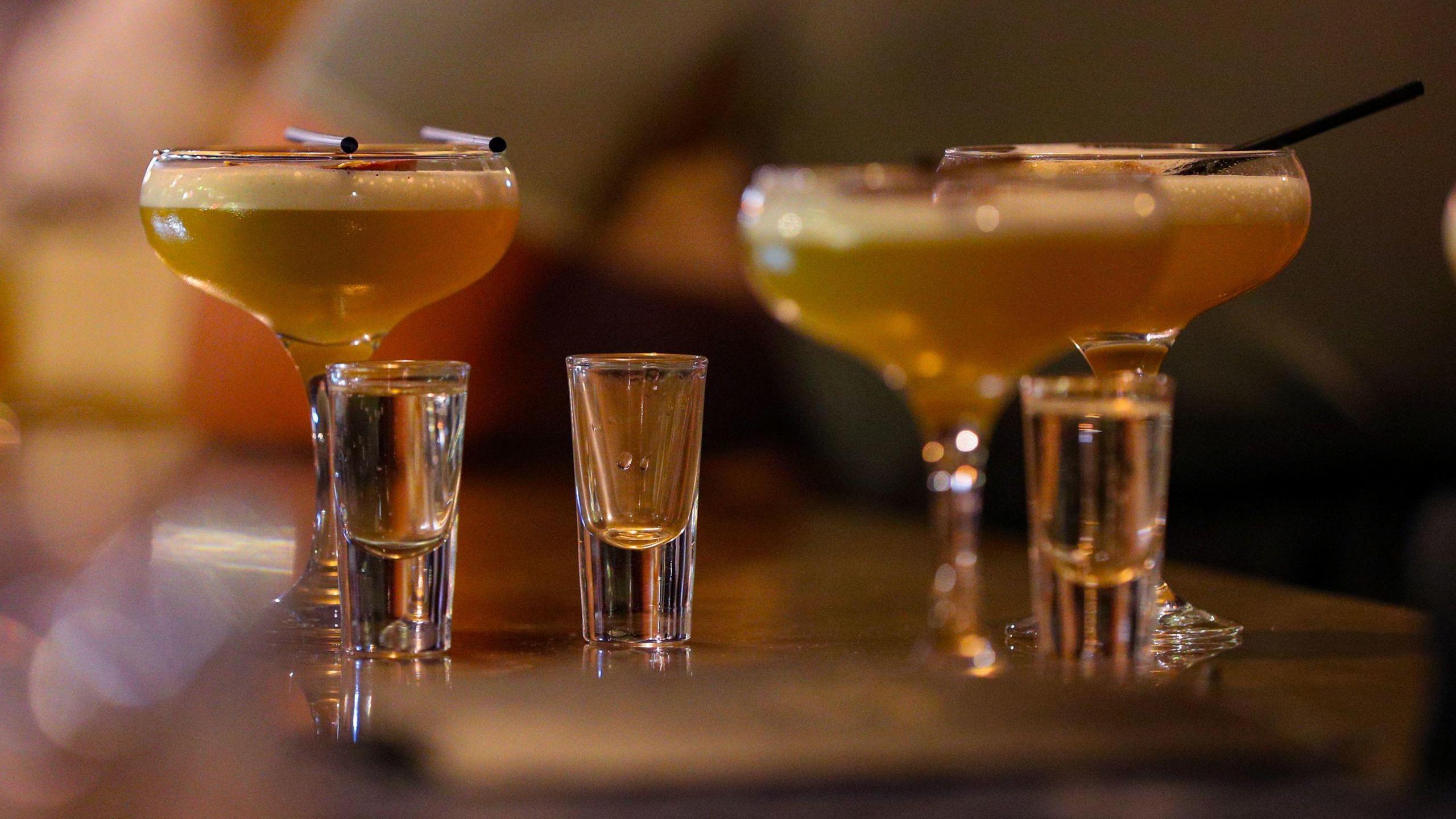'Being spiked made me feel violated'

Simon Allum said he felt "violated" when his drink was spiked at a wedding 20 years ago
- Published
A bar owner in Guernsey has shared his "horrendous experience" of being spiked, as hospitality leaders in Jersey commit to educate staff on the offence.
Simon Allum, director of PingQuays in St Peter Port, said having his drink spiked at a wedding 20 years ago made him feel "violated".
His story comes as the police in Jersey and Guernsey reveal there have been more than 50 reports of drink spiking over the last 16 months.
Politicians in Guernsey said they were looking at making drink spiking a specific criminal offence, but Jersey politicians said they would not focus on it this political term.
'Super-sizing'
Mr Allum works with Guernsey night-time safety charity SafetyNet to raise awareness of drink spiking.
He said the charity has been introducing drink covers and personal safety alarms in local bars and these have been growing in popularity.
SafetyNet has also been encouraging licensed premises to have working CCTV cameras, as a way of tracing spiking incidents and deterring people who may consider adding drugs or extra alcohol to other peoples' drinks.
In his case, his drink was spiked with alcohol and he was so intoxicated that the fire brigade had to climb through the window of his room to help him.
He said "super-sizing" people's drinks is a very common method of spiking, and it can be hard to know if it has happened.
"I think this is why it's hard to convict, because if you had a blood test it looks like you've drunk too much, which you have, but you haven't chosen to drink that much."
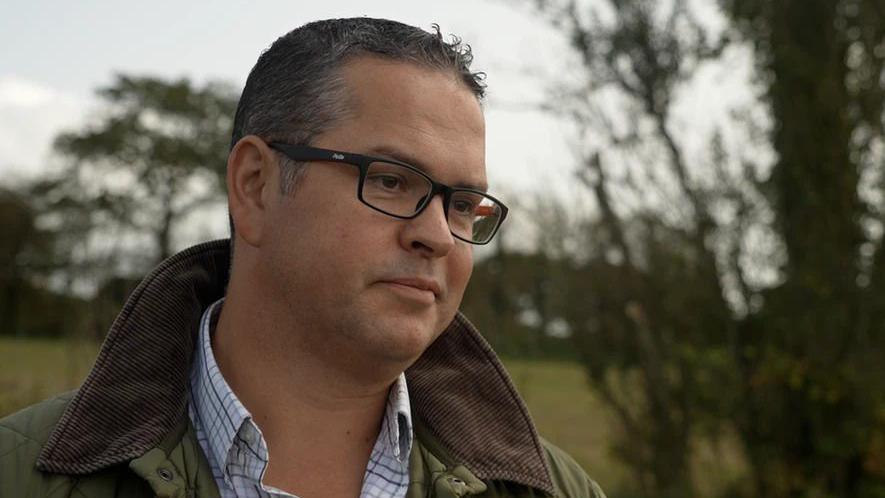
Marcus Calvani said spiking was a "huge concern" for Jersey hospitality staff
Marcus Calvani, from the Jersey Hospitality Association, said spiking was a "huge concern" for the hospitality industry, particularly after an alleged chewing gum spiking incident.
He said spiking was a "new thing" for many people in the sector so the association has invited a local campaigner to give educational talks on it.
He said: "We're not experts, but we are on the front line when it comes to looking after people.
"It's our innate personalities, we are hospitable, we want to make sure people are safe. So if anybody can help us, educate us, teach us and make the island a safer place for everybody to be going out, we welcome it."
A Freedom of Information (FOI) request to States of Jersey Police revealed an increase in people reporting having a drink spiked.
The request found, external 26 people reported having a drink spiked in 2024, 17 more than 2023 and one more than 2022.
The latest Guernsey Police figures show 23 people reported having a drink spiked in the last 16 months.
The police in both islands said there have been no convictions for spiking in the last five years, despite the numbers of reported incidents.
States of Jersey Police said it responds to all reports of spiking and carries out initial investigations, including taking samples for evidence.
It said the official analyst who looks at these samples has not passed on "any evidence... to confirm or support any spiking incident having occurred" in the last five years.
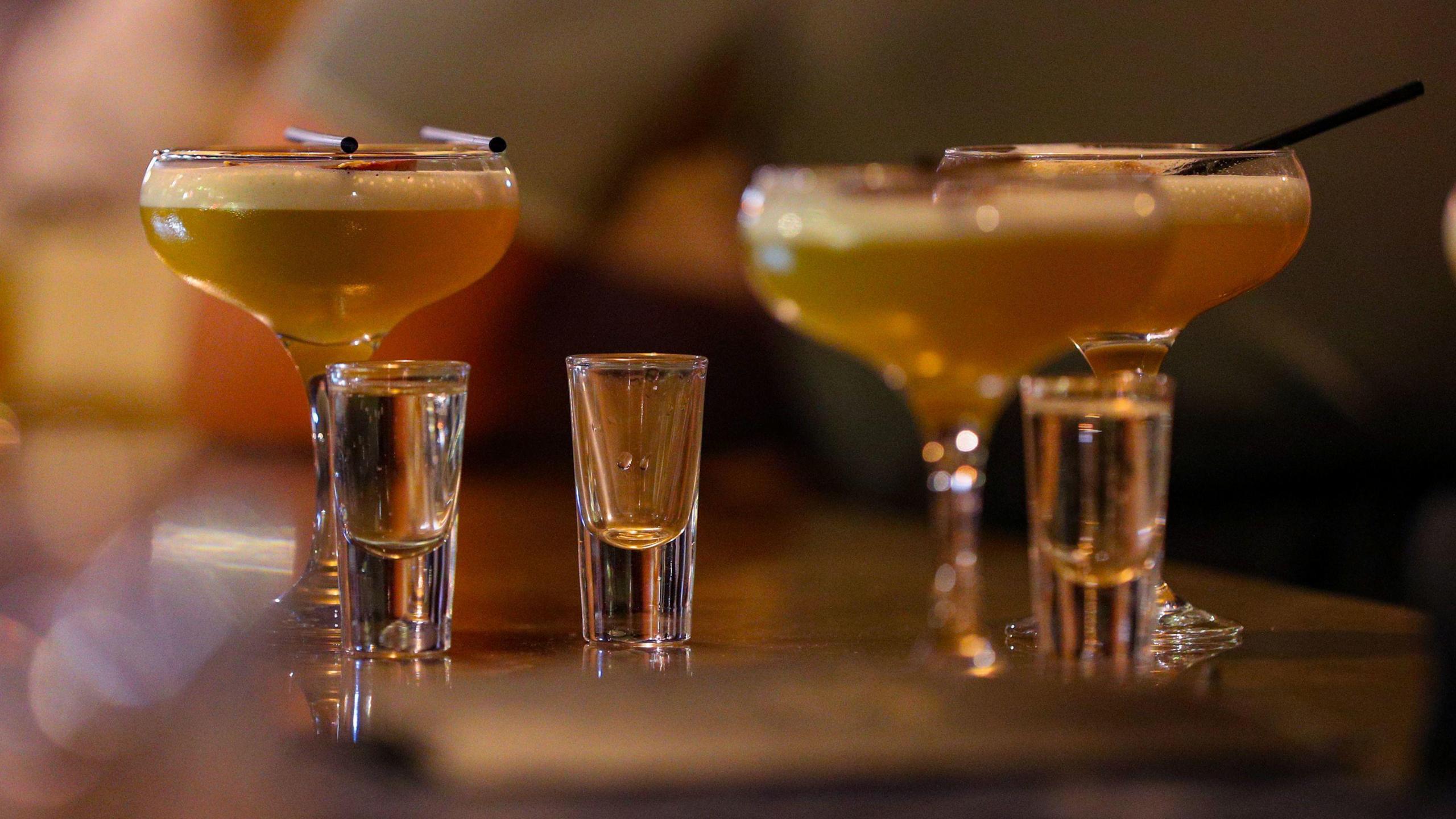
Police said no-one has been convicted of spiking in the last five years
Guernsey's Home Affairs President Deputy Rob Prow said he has been monitoring the move in England to create a new law on drink spiking.
He said: "While someone caught spiking someone’s drink can already be prosecuted for poisoning, this initiative is looking to create a specific criminal offence of drink spiking."
Consultations were ongoing about "creating a specific offence" for drink spiking, as part of work on the island's Domestic Abuse and Sexual Violence Strategy, he added.
'No need' for law
Jersey's Justice and Home Affairs Minister Deputy Mary Le Hegarat told the States Assembly she was not planning to make spiking a specific criminal offence.
Le Hegarat said: “It is important to stress that there is existing legislation in place in Jersey to deal with the offence of spiking."
She said spiking for sexual purposes is illegal under sexual offences laws and when spiking is done with an illegal drug, possession of that drug would be an offence.
"And, as such, there is no need to develop a new offence to address this behaviour," she said.
She said a separate law could be considered in future but, until 2026, the government is focusing on recommendations from the taskforce on violence against women and girls.
It would be "detrimental" to look at spiking before these changes are delivered, she added.
Follow BBC Guernsey on X (formerly Twitter), external and Facebook, external. Follow BBC Jersey on X (formerly Twitter), external and Facebook, external. Send your story ideas to channel.islands@bbc.co.uk, external.
Related topics
- Published2 September 2024

- Published29 August 2024
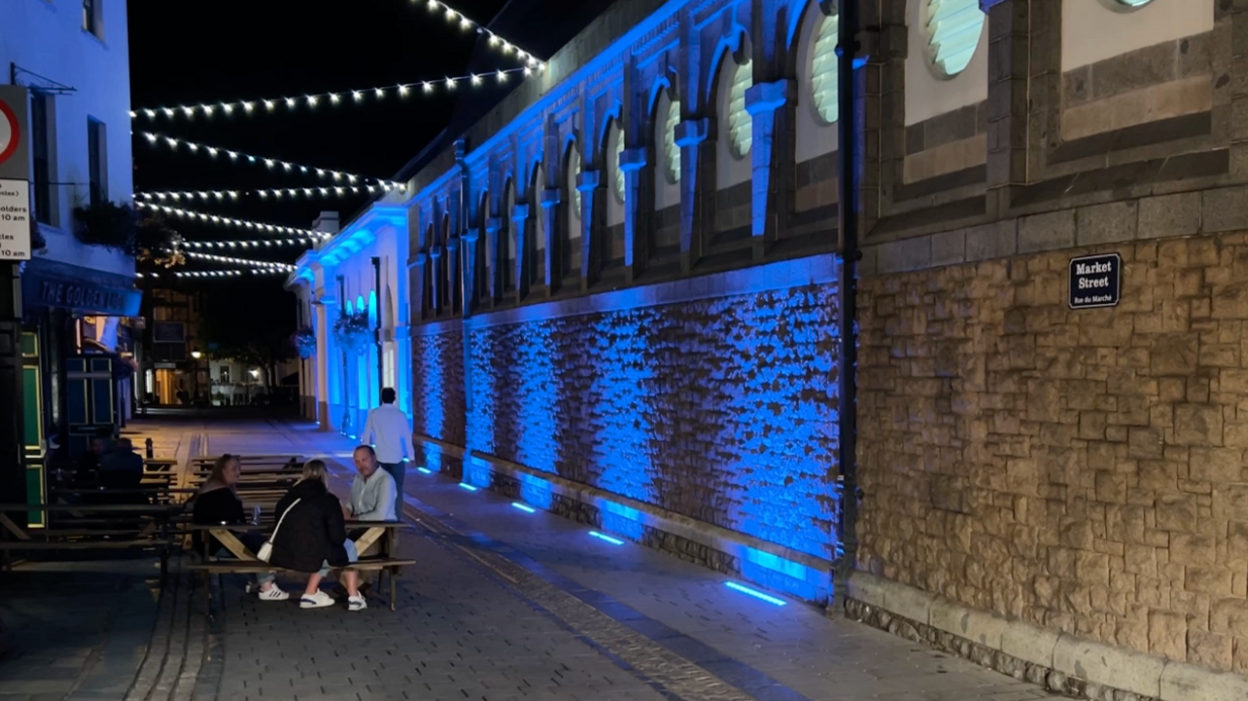
- Published9 January 2024
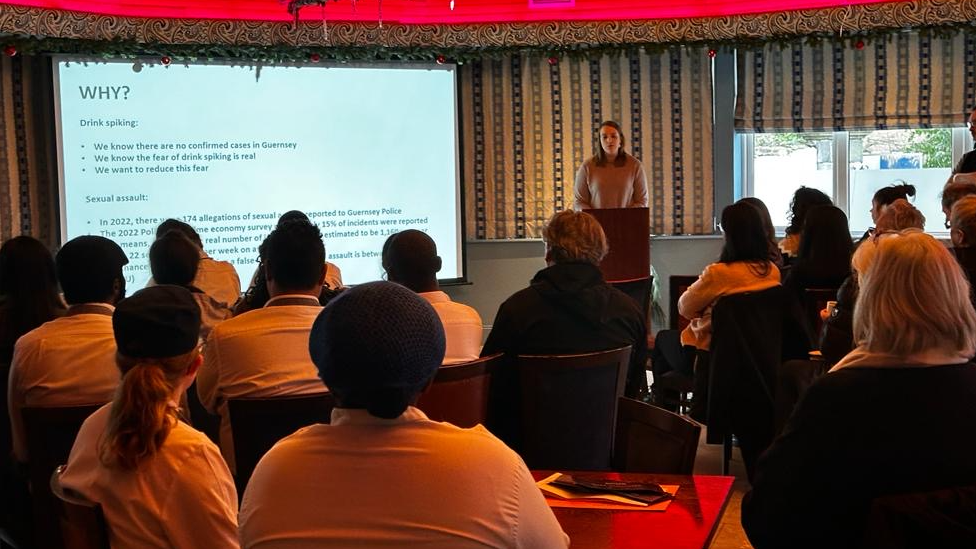
- Published19 December 2023
